JAKARTA: As a student activist, Heri Akhmadi was beaten and jailed. Unable to witness the birth of his son because he was in prison, he named the boy Gempur Suharto, or “Attack Suharto”, after the man he holds responsible for his suffering.
As Indonesia’s former president Suharto lies critically ill in a Jakarta hospital, many of his victims regret that the former general who ruled Indonesia with an iron fist for 32 years has not been charged with crimes, even a decade after his ouster.“Suharto took so many lives when he rose to power and he did the same when he stepped down,” said Heri, who was jailed during university demonstrations in 1978 demanding that the People’s Consultative Assembly not reappoint Suharto to another presidential term.
Suharto, now 86, came to power after he crushed what was officially described as an anti-communist coup in 1965.
Up to half a million people died in an army-backed purge in the following months, while intellectuals, teachers and artists were among the thousands of Indonesians sent to jail or labour camps for suspected left-wing sympathies.
During Suharto’s 32 years in power, the armed forces crushed dissent in Aceh, Papua and East Timor, killed student activists, and were linked to extrajudicial killings of criminals.
“I was one of those lucky enough to escape. But what about others who were made to disappear or those who were killed?” said Heri, who in 1996 joined the political party headed by Megawati Sukarnoputri, Indonesia’s president from 2001 to 2004.
The Suharto regime’s suppression of student activists continued well into the 1990s.
“Putting him (Suharto) on trial is about investing in this country’s future, more than just doing justice, and has nothing to do with revenge,”said Budiman Sudjatmiko, also a member of Megawati’s political party. —Reuters

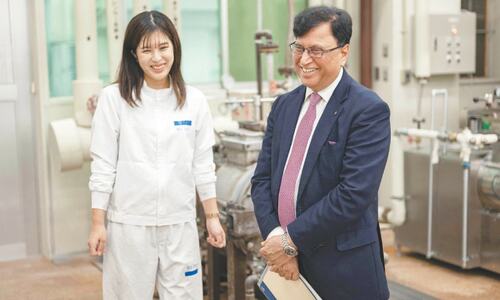
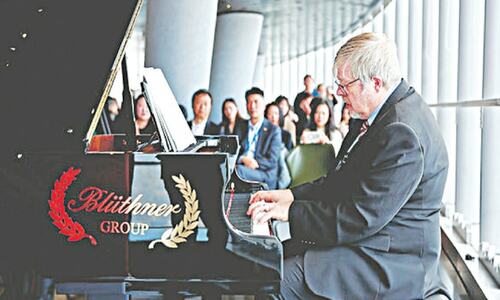













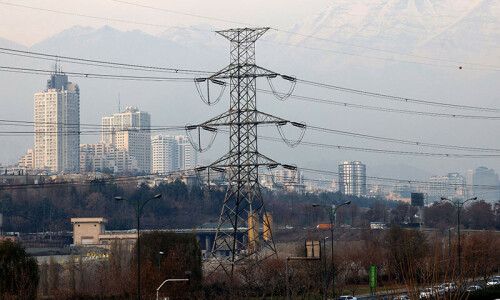


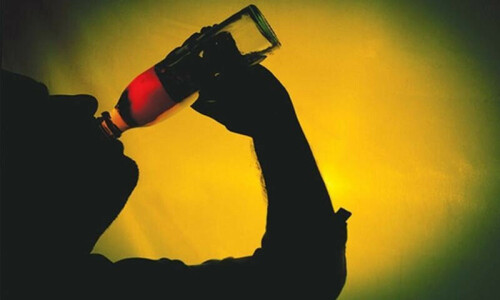
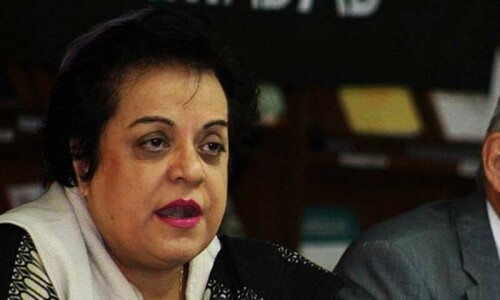


























Dear visitor, the comments section is undergoing an overhaul and will return soon.